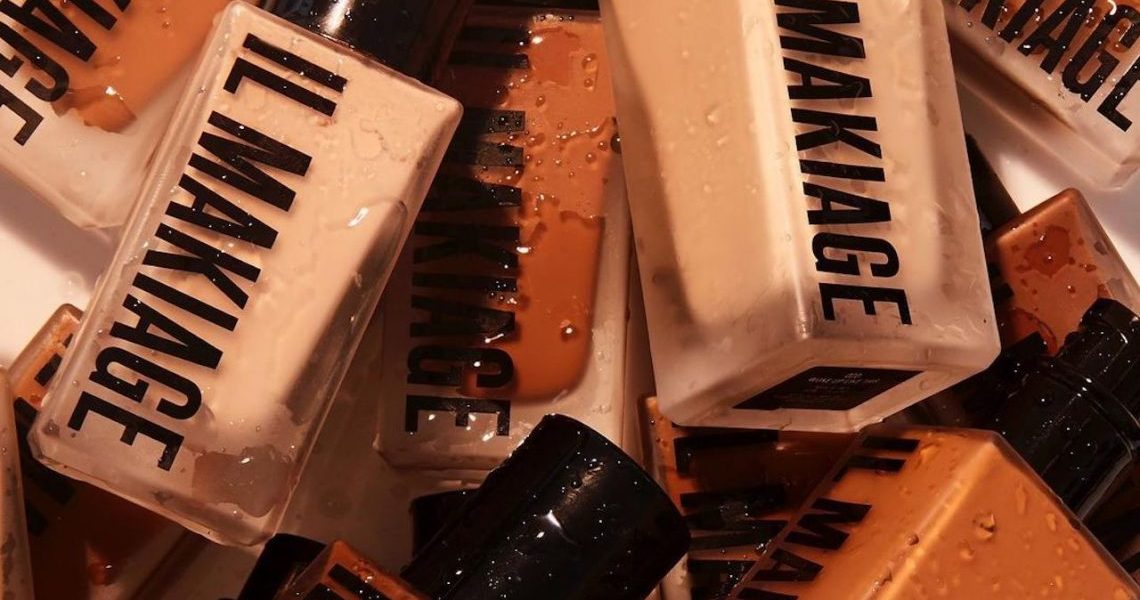On Thursday, Il Makiage and Spoiled Child parent company Oddity acquired Revela, a Boston-based beauty biotech lab, for $76 million.
Revela launched in 2021 and has operated as both a beauty-focused biotech lab and a brand. It currently has four topical products including a hair growth serum, a brow serum and an anti-aging moisturizer using a proprietary Fibroquin molecule. Those four products will relaunch under the Spoiled Child portfolio. DTC-only Oddity previously acquired Israeli AI company Voyage81, in 2021, to beef up its underlying technology. Now, it’s shifting its focus to products to drive business growth. Oddity maintains two separate R&D teams for Il Makiage and Spoiled Child, but Revela will work with those teams to develop new ingredients and products. Il Makiage and Spoiled Child are both DTC brands, with the former focused on makeup and the latter on skin and hair. Il Makiage launched in 2017 with backing from private equity firm L Catterton.
In 2022, Oddity secured a $130 million secondary-market private round of funding, in order to diversify its cap table. It followed that up by launching skin-care brand Spoiled Child in Feb. 2022. Oddity is currently developing a third, undisclosed brand. Spoiled Child earned $48 million in sales in its first year and Oddity expects it to be profitable in 2023. Oddity’s overall 2022 revenue was $395 million, said Oran Holtzman, CEO and co-founder of Oddity. He added that Oddity is on track to earn $500 million from the previous 12-months. Holtzman has publicly mulled the potential for an IPO in the past.
“Revela is a very promising biotech startup leveraging the power of artificial intelligence to discover new molecules that deliver new ingredients and formulations, which I believe will redefine the beauty and wellness industry that we know today,” said Holtzman.
Dr. Evan Zhao, Ph.D, co-founder and CEO of Revela, said that the traditional biotech approach to R&D, which Revela embraces, is to make a new discovery and then try to search for and apply that discovery to a problem. Meanwhile, beauty R&D is typically the opposite, where the focus is first on the problem at hand.
“We’re really excited about disrupting a broken and lethargic industry. The isn’t a lot of innovation, in terms of ingredients. [Brands] tend to reformulate and reuse the same ingredients over and over again, and rely on their marketing and distribution to sell products,” said Zhao.
Dr. David Zhang, Ph.D, co-founder and chief science officer of Revela, explained how AI underpins Revela’s molecule discovery process. Revela uploads research data stemming from results of human cell experiments into an AI algorithm that endlessly tests cellular interactions with different molecules. He added that the data generated from one project can cross-pollinate into another. One example was the development of ProCelinyl, Revela’s proprietary molecule that targets dormant hair follicles. Rather than manually test how billions of different molecules interact with hair follicles, Revela took a small data set that can form the basis of how follicle cells interact with select molecules and modeled that within its AI. The AI can then digest the data and model different ways that molecules interact with cells to determine efficacy.
Ad position: web_incontent_pos1
“If you imagine every molecule is like a puzzle piece, what the AI is doing is trying to figure out the puzzle,” said Zhang. “That allows us to tackle a huge range of different markets and pain points quickly and cost-effectively.”
Oddity plans to build a $25 million Boston-based Oddity Labs facility led by the Revela team. Zhao and Zhang will join Oddity Labs as chief scientific officer and head of bioengineering, respectively. Avi Boppana, current CTO of Revela, joins Oddity Labs as head of platform. Revela currently has 14 employees but will scale to 140 people over the next few years.




